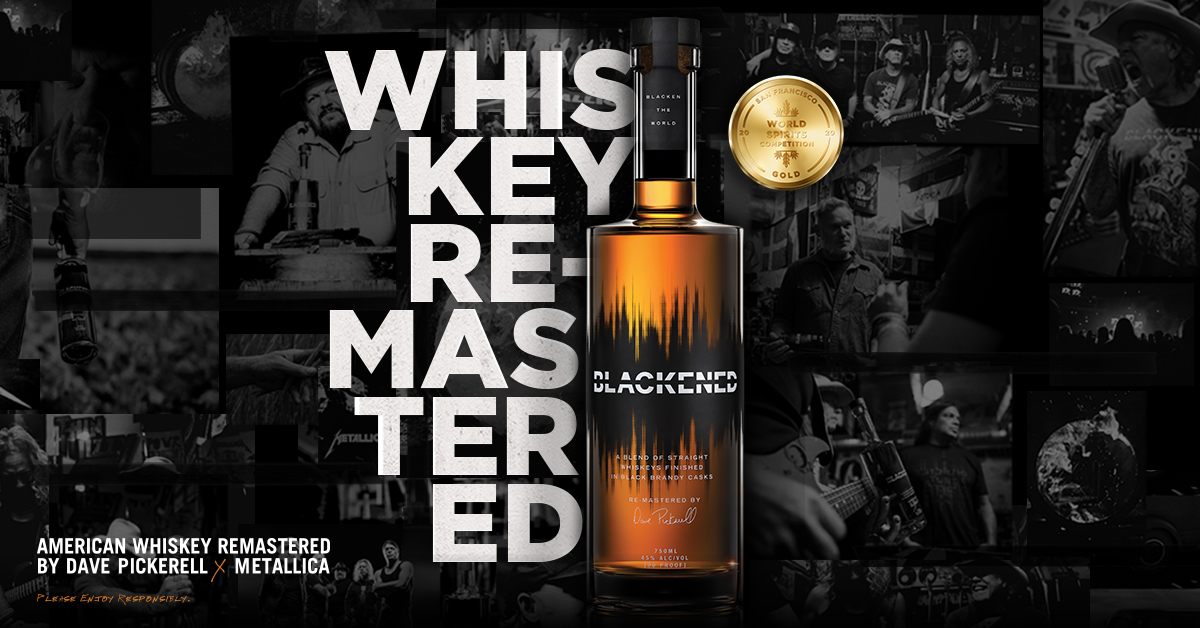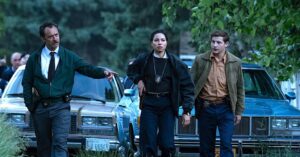There is an age old saying in Hollywood that goes – “write what you know.” That could well be the mantra for Canadian documentary filmmaker Nathalie Bibeau and her latest film The Walrus And The Whistleblower which is available on iWonder now.
The award winning filmmaker returns to her home town of Niagara Falls to explore the David and Goliath story of MarineLand versus Phil Demers. Demers was a former employee of MarineLand who upon quitting his position hatched a plan to ‘rescue’ Smooshie, a walrus he claims has been neglected and abused at the park. On the flipside MarineLand then turned the tables on Demers and hit him with a $1.5 million dollar law-suit.
For Bibeau this was a story that she wanted to tell because she had a personal connection to the town and what was happening. “I grew up in the Niagara region,” she says as she talks about what made her decide to make The Walrus And The Whistleblower. “I actually grew up only a few kilometres from MarineLand itself.”
“So I went there as a kid just like millions of other children,” she says continuing. “So I was very familiar not only with MarineLand but also with the criticism that has occurred over the years. There have been activists outside that park since the 1970s but their complaints never went mainstream so attendance at the park actually grew when I was a small girl. Things started to heat up though after I had left the town and started a career in film.”
When she says things started to heat up Bibeau is talking about the situation that occurred when Demers turned whistleblower. “It turned out that he was a kid that I had grew up around,” she explains. “He was actually a friend of my brother’s. He had worked at MarineLand for ten years and then left as a whistleblower in 2012. That was when everything really blew up and I became aware of what was happening at MarineLand.”
When you watch the documentary you see what has happened to Demers since he left MarineLand has been shocking. Law-suits, physical intimidation and scorn are obvious but Bibeau says there was nothing that could change his mind about wanting to be part of the documentary.
“It was funny actually because when he came out with his allegations in 2012 that coincided with me leaving my staff position as a Producer with the Canadian Broadcasting Corporation where I had been building my career,” she explains. “Our paths didn’t cross though until a few years later. Of course I had been following the story because it was getting a lot of attention from the media but I didn’t feel like the time was really right for a film.”
“But then in about 2017 or 2018 I did make that approach, and I hadn’t spoken to Phil since we were kids so you could imagine what that phone call was like,” she says with a small laugh. “Our first conversations were like who was doing what from our High School kind of mixed in with what would this project look like. I had some ideas and I was pitching the film and when it became clear that I was the right person to tell the film it got commissioned in record time so we were thrown into production immediately and he was very excited to see this come to life especially with someone that he had known his whole life at the helm. He was happy that there was someone there that he trusted to tell a nuanced story.”
This was a story that Phil Demers had wanted the world to see for a long time and Bibeau admits that he was actually pleased that the documentary gave him that chance. “He had been using Twitter and platforms like that and he had been successful to a certain degree,” she says. “But nobody had ever attempted to make a film about it so I think that he would have in the early years gone with anyone that had given him a solid proposal and a chance to tell his story. The truth of filmmaking though is once a subject decides to tell their story and to trust someone with it the creative process is entirely in the filmmaker’s hands. The filmmaker gets to interrupt the story in anyway they see fit so I think in the early years he would have gone with anyone but over the years I think the penny dropped for him and I think when he started to talk to me he felt heard in a way that he may not have felt heard by other people. I knew his own pretty difficult personal history in High School as he tried to find his own way so I think at the end of the day we both knew that the universe had conspired to bring us both together.”
The Walrus And The Whistleblower is available now on iWonder.
You can watch the docco right here – https://app.iwonder.com/titles/The-Walrus-and-The-Whistleblower-f054f60f60edb73bbbdb8f5980a369d3







